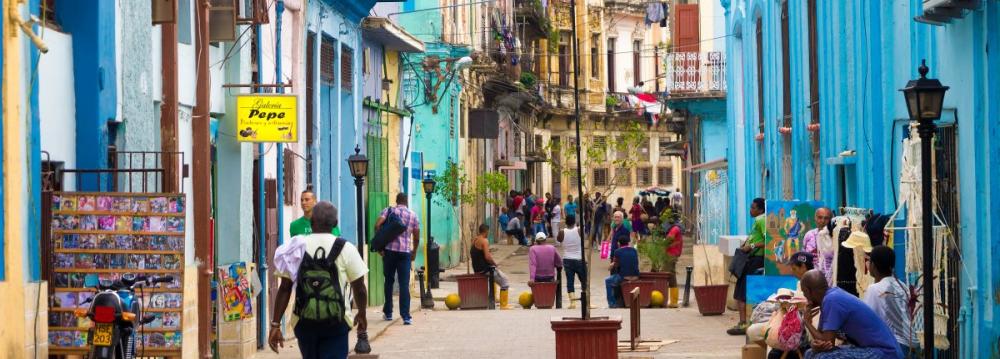Music is playing in the streets again. Flags are flapping at full staff. After nine days of national mourning for Fidel Castro, Cuba is slowly returning to noisy, boisterous normality.
Cuba is a country where sidewalks serve as living rooms and social clubs, but during the mourning period people mostly stayed indoors, watching television and avoiding any appearance of joviality, AP reported.
Cubans paid tribute to their longtime leader in near silence. They filed by the hundreds of thousands through special sites equipped with photos of Castro as a young guerrilla and books where people could separately sign both their condolences and an oath of loyalty to Castro’s socialist, single-party system.
“It was very quiet. In a bar, restaurant, you could hear the air conditioning,” Janine Jenner, a German tourist, said on Monday in Old Havana. “Today it’s like someone turned the noise on everywhere. It’s like the pulse of the city is back. People smile more.”
Clamor is a constant in Cuba. People rev motorcycle engines for hours under their neighbors’ windows, or flatten hundreds of soda cans for recycling at 7 a.m. on a Saturday.
All that noise suddenly hushed the morning after Castro’s November 25 death was announced. Even the incidental noise of Cuban life—children laughing while playing in the streets, neighbors shouting to each other—seemed to fall away.
Life started creeping back on Monday.
Cafes opened again and crowds of foreigners wandering through Old Havana were more overt.
People were once again greeting each with a “good day” after more than a week of only somber hellos.
President Raul Castro, who on Sunday personally interred his older brother’s ashes in a tomb fashioned from a granite boulder, has declared that Cuba will soon pass a law barring other memorials to Fidel, in keeping with his wishes to avoid a cult of personality developing after his death.
There has been no indication of how Raul’s rule might be affected by his brother’s death. He has been breaking slowly but steadily from Fidel’s legacy during his 10 years in power, implementing a series of free-market reforms and restarting diplomatic relations with the US.


